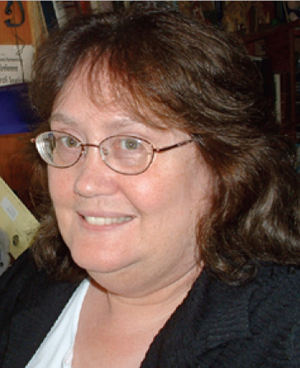From the beginning, BPI has developed creative, collaborative relationships with industry groups and associations as well as our own Informa colleagues at IBC. We have continuing relationships with Interphex, BIO, and ESACT. Through an upcoming supplement on cell therapies, we are enjoying contacts with ISCT, ARM, CTG, and the Phacilitate conference organizers. The list goes on.
Such collaborations take many forms. Some people develop webcasts for www.bpiseminars.com. Others describe technical experiences and insights through manuscript submissions and interviews. We editors are always grateful for their advice as we work to extend BPI’s coverage of our industry.
Our longest ongoing relationship began during our first year of publishing BPI, when we eagerly agreed to publish consensus papers developed through the nonprofit CASSS, an international separations science society (www.casss.org). These papers result from the organization’s biannual CMC Forums, codeveloped with representatives from the FDA. The January forum(s) are held the day before the annual WCBP conference in Washington, DC; and the July forum takes place on the NIH campus in Rockville, MD. Topics are based on feedback from WCBP attendees and advisory committees. Issues have included PAT, QbD, process validation, and setting specifications. The forums always have a strong regulatory focus and explore best practices with excellent, enthusiastic participation from members of the audience.
All the papers can be downloaded both from the CASSS website and our site’s BPI Extra section (www.bioprocessintl.com/cmcforum). Given that this issue features a forum discussion from two years ago, I thought I should speak to the process in which these papers are developed and ways in which we assure their relevance.
Our corresponding editor, Lorna McLeod, works with CASSS and its committee members to pull many pieces together into the finished paper we publish. She makes it look easy, and I am continually grateful for all she has done â and continues to do â for BPI.
CASSS then posts the draft for comment and review, revision, then more review ⦠until all committee members have signed off on it. The FDA representatives involved need time to contribute their feedback and approval. It can take a while to coordinate so many people, opinions, and schedules.
This explains in part why some of these papers take longer to get into print than others. But even if a forum occurred more than a year ago, we publish the paper immediately following review of its final draft. So you won’t see updates â these papers are intended to be accurate records of the discussions â but what you see is currently supported by the reviewers.
I thank the CASSS committee members and especially its director of meetings, Karen Bertani, CMP. I’m sure they would welcome your feedback on these papers â as well as suggestions from you for future CMC Forum topics.


